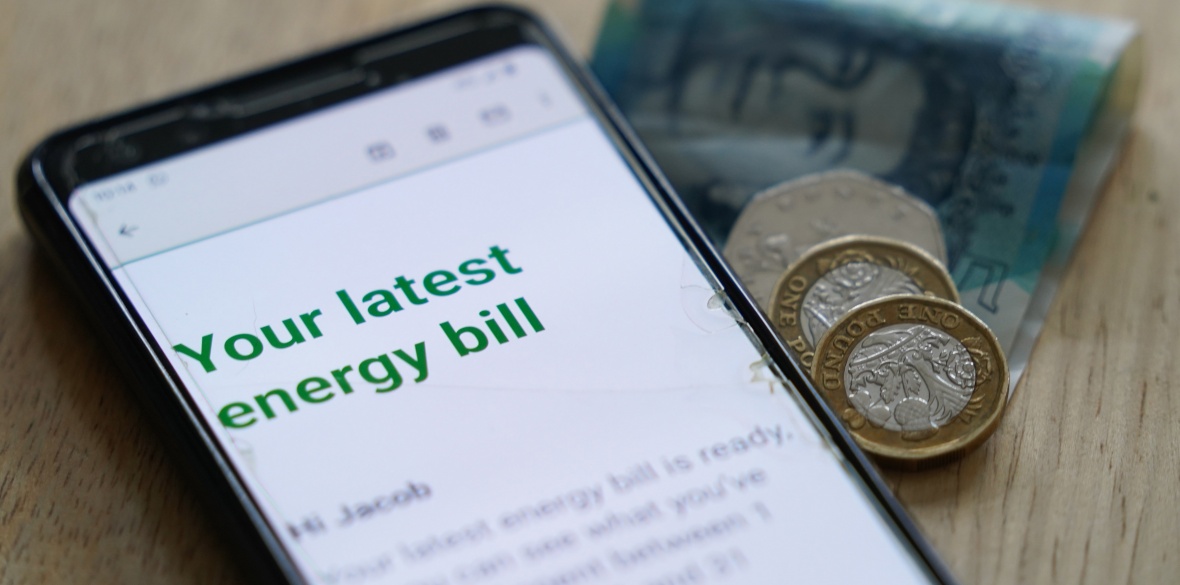This is the last article you can read this month
You can read more article this month
You can read more articles this month
Sorry your limit is up for this month
Reset on:
Please help support the Morning Star by subscribing here
FOUR in five people are worried about the possibility of further energy price hikes over the next five years, according to research published yesterday.
The Warm This Winter campaign’s study was published as Ofgem increased price caps again by 1.2 per cent, starting today.
Its analysis found that energy bills are now £700 a year higher than they were in winter 2020/21.
Since then, energy industry firms have raked in more than £483 billion in profits.
The campaigners found that nearly three-quarters (74 per cent) of the public are concerned about the global insecurity of energy prices over the next five years.
And 67 per cent of those polled said they were worried about the impact of Britain’s reliance on oil and gas.
More than half — 53 per cent — were concerned that the country will not build renewables fast enough by the end of the decade.
Warm This Winter spokesperson Caroline Simpson highlighted that a comprehensive insulation programme was the “quickest and easiest way to bring down bills permanently.
“We have 8.8 million adults living in cold damp homes, exposed to the health complications that come from living in fuel poverty and while we welcome recent initiatives from Ofgem, insulation and ramping up renewables to get us off volatile oil and gas for good is what we need.”
While Ofgem has announced that it will consult on forcing firms to introduce tariffs with low or zero standing charges this year, these talks will not immediately impact the 6.5m households trapped in fuel poverty.
Simon Francis from End Fuel Poverty Coalition highlighted that “millions of people are living in cold damp homes, unable to heat their homes to a safe temperature or racking up massive debts – with some even turning to loan sharks."
While welcoming the potential Ofgem reforms and Labour’s plan to achieve clean power by the end of the decade, he emphasised that the government “needs to ensure that those suffering now are not abandoned.
“This means more support for households through a social tariff and delivering on its promise to help people to insulate their homes.”







